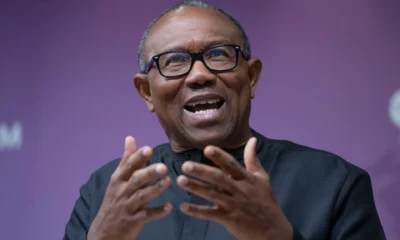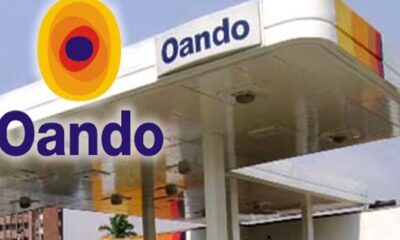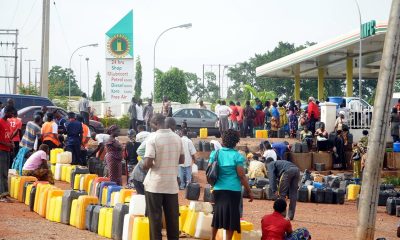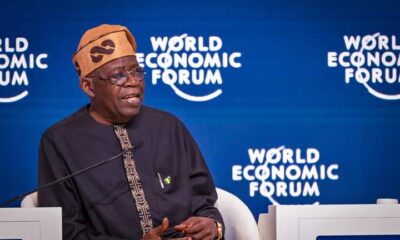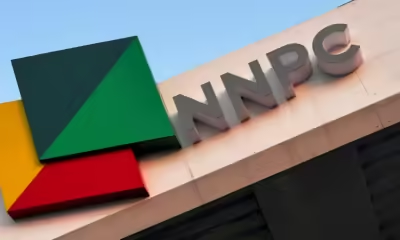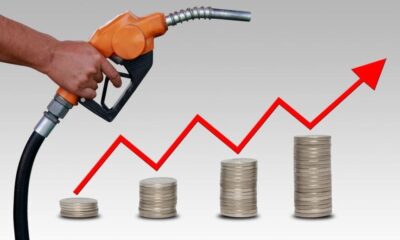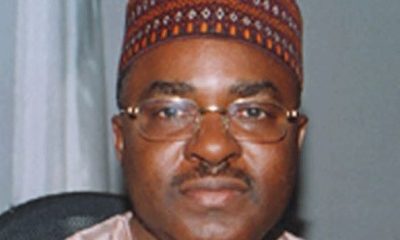NEWS
World Bank: Nigeria Lost N10 Trillion to Fuel Subsidy, Multiple Exchange Rates in 2022
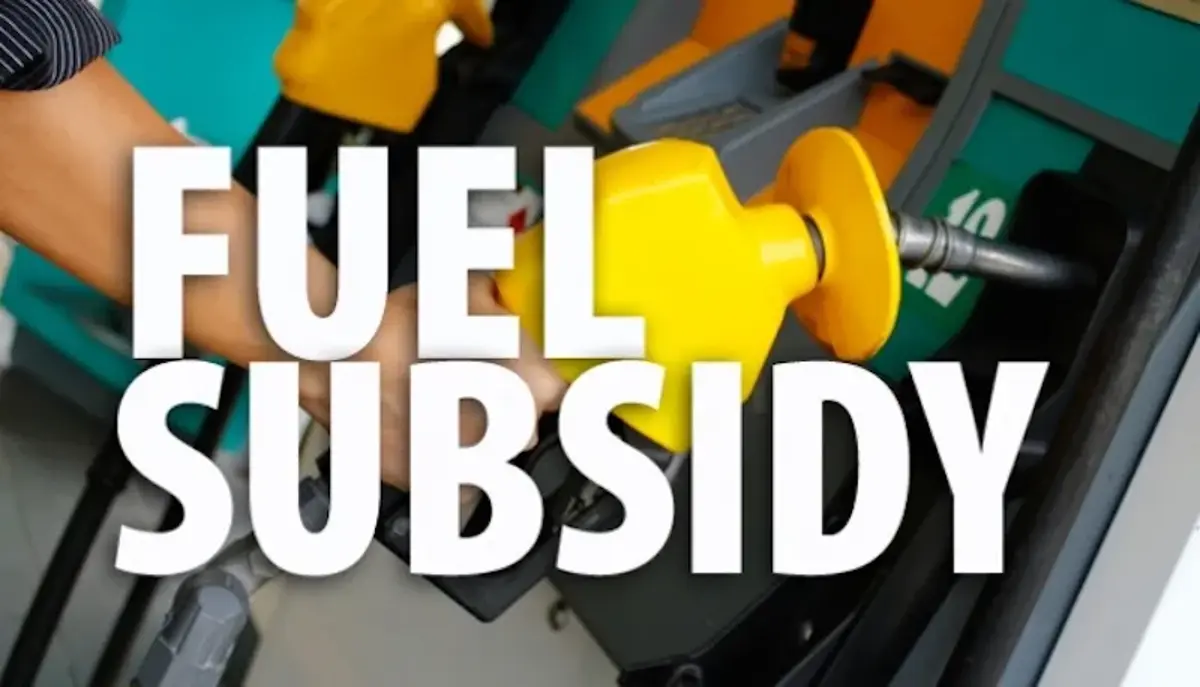
The World Bank has revealed that Nigeria lost approximately N10 trillion in foregone revenue due to fuel subsidies and the use of multiple exchange rates in 2022 before President Bola Tinubu‘s reforms were implemented.
This disclosure was made by Indermit Gill, Senior Vice President of the World Bank Group, during the 30th Nigerian Economic Summit in Abuja, organized by the Nigerian Economic Summit Group and the Ministry of Budget and National Planning.
Gill explained that in 2022, Nigeria lost around N5.2 trillion, or 3% of its GDP, due to the pegging of the exchange rate, and another N4.5 trillion from subsidizing Premium Motor Spirit (PMS). Combined, these two factors resulted in a staggering total loss of N10 trillion ($15 billion).
“Last year, before the reforms, the official exchange rate was about N455/$, while the parallel rate was close to N700. For every dollar sold at the official rate, the government lost roughly N250. This led to a total loss of N5.2 trillion in foregone oil revenue, customs duties, and taxes, more than 3% of the GDP,” said Gill.
He added, “The cost of keeping PMS prices below market level in 2022 amounted to another N4.5 trillion, or 2% of GDP. Together, these subsidies totaled N10 trillion, or $15 billion. You can do a lot with that amount.”
The World Bank also warned that Nigeria was on the verge of a financial collapse before Tinubu’s critical reforms, which included removing fuel subsidies and unifying exchange rates. Gill highlighted that previous policies led to the Central Bank printing billions in “ways and means” advances to cover these costs, which contributed to inflation and a potential economic crisis.
Gill further noted that the pegged exchange rate imposed a “37% tax” on non-oil exports, such as agriculture and manufacturing, crippling sectors outside oil.
Upon taking office, President Tinubu’s administration implemented reforms to overhaul the country’s fiscal structure, including eliminating the fuel subsidy and consolidating exchange rate regimes. Although these changes aimed to stabilize the economy, they have led to a spike in the cost of living, with inflation surpassing 30%.
Fuel prices have also soared, with the Nigerian National Petroleum Company (NNPC) adjusting pump prices to N998 in Lagos and N1,030 in Abuja.





